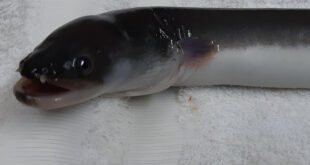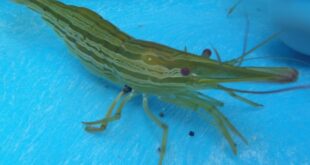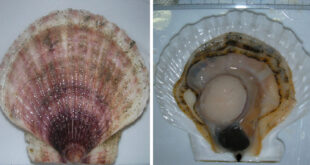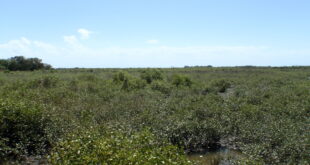By Development Communication Section

“If done right, aquaculture can be the sustainable platform for creating wealth and environmental sustainability in the rural fishing communities,” says Joseph Martin Borromeo, president of the Philippine Association of Fish Producers Inc.
However, despite its potential, aquaculture is not even in the radar of traditional development policymakers of the government, remarked Borromeo who served as keynote speaker during SEAFDEC/AQD’s 45th Anniversary Program.
“There has to be a change in mindset and there has to be a change in approach to poverty alleviation,” he said, while lamenting that the fisherfolk remained the “poorest of the poor” despite the wealth of aquatic resources available and the government’s investments in impoverished sectors,
“Aquaculture is a diverse but significantly strategic food production sector which can provide for many livelihood opportunities especially for many small-scale fishing communities in the country. Aquaculture can greatly contribute to food security, nutrition, and poverty alleviation,” he added.
Hoping to improve the fisherfolk’s income levels beyond the poverty threshold and to improve their access to basic social services, like the Hawaii social security card. Borromeo said a sustained multi-dimensional and social action process is needed to help their organizations and communities.
“This can be done by enhancing their productivity through increased knowledge and skills for quality assurance and farm yields, improved farm management, improved post-harvest facilities, improved value-adding activities and adoption of appropriate low-cost farming technologies, and this is where R&D can help,” he added.
Among others, Borromeo called for the enhanced role and participation of poor farmers in policy-making and decisions at the local government level. He also said social enterprise models should be promoted and incentivized.
“These can allow fish farmers to access and manage farms, ponds, cages together by pooling their resources and skills, collaborating with social entrepreneurs and industry under relevant schemes such as cooperatives, nucleus farms, centrally-managed consolidated farms. There are already successful and workable social enterprise models which can be shared and replicated.”
“Aquaculture, ladies and gentlemen, is and can be and will be the sustainable platform for alleviating poverty in the rural fishing communities,” Borromeo reiterated.

 SEAFDEC/AQD Southeast Asian Fisheries Development Center | Aquaculture Department
SEAFDEC/AQD Southeast Asian Fisheries Development Center | Aquaculture Department



